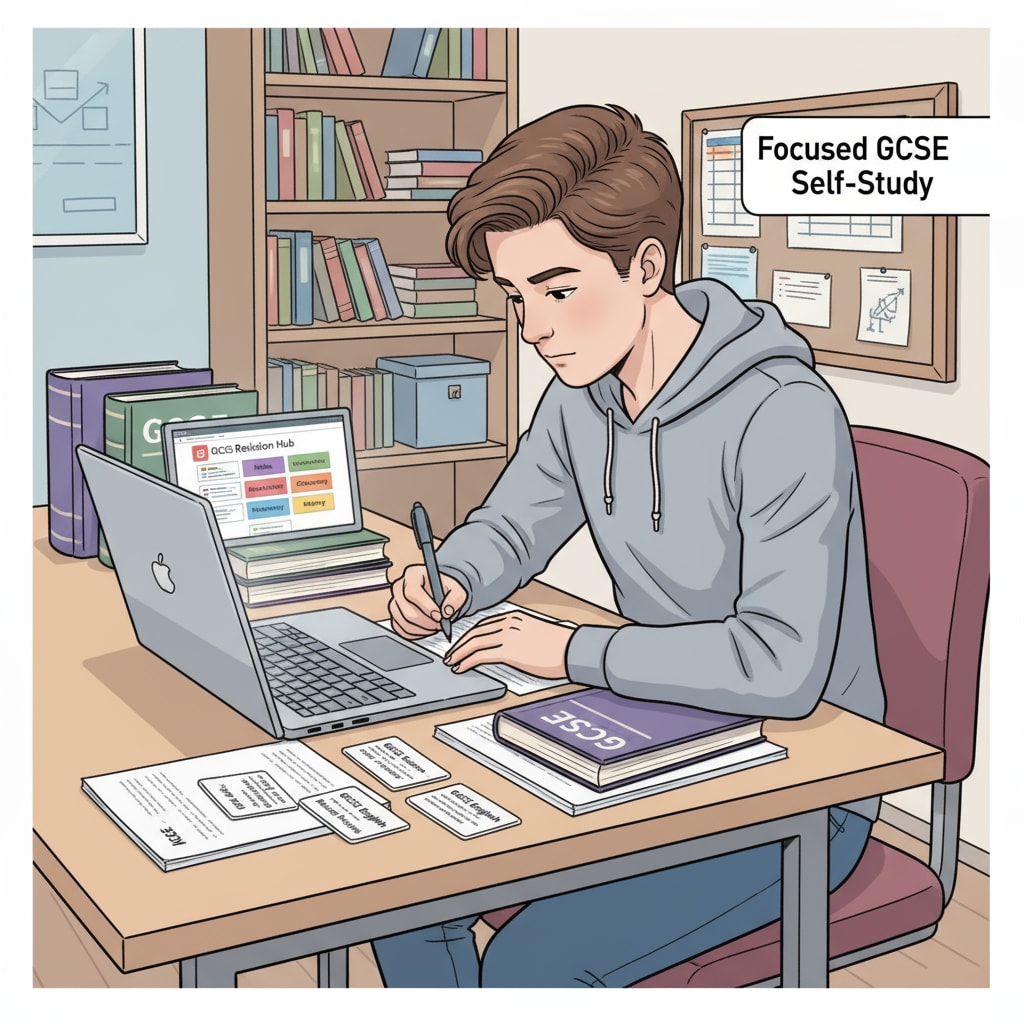For some 16-year-old teenagers who have missed out on formal education due to family reasons, catching up with the UK GCSE (General Certificate of Secondary Education) courses through self-study can seem like a daunting task. However, with the right approach and resources, it is entirely achievable. This article will guide you through the process of self-studying for GCSE courses, covering everything from acquiring learning resources to managing your time effectively and preparing for the exams.

Finding Reliable Learning Resources
One of the first steps in your self-study journey is to gather high-quality learning resources. There are numerous online platforms that offer GCSE study materials. For example, BBC Bitesize provides a wealth of information, including video lessons, quizzes, and revision guides for various GCSE subjects. In addition, textbooks are also essential. You can purchase second-hand GCSE textbooks from online bookstores or borrow them from local libraries. These textbooks often contain in-depth explanations and practice questions to help you understand the concepts better.

Effective Time Management
Since you are self-studying without the structure of a formal classroom, time management is crucial. Create a detailed study schedule that allocates specific time slots for each subject. For instance, you could spend two hours each day on English, Maths, and Science. Set realistic goals for each study session. This will help you stay focused and ensure that you cover all the necessary topics. Break down large tasks into smaller, manageable ones. For example, if you need to study a complex chapter in a science textbook, divide it into sections and tackle one section at a time.
Preparing for Exams
As the exam date approaches, it’s important to start practicing with past exam papers. You can find past papers on the official websites of the exam boards, such as AQA and Edexcel. Solving these papers will give you an idea of the exam format and the types of questions you can expect. Analyze your mistakes and focus on improving your weak areas. Additionally, consider joining online study groups or forums where you can discuss difficult topics with other GCSE students and get valuable insights.
In conclusion, with dedication and the right strategies, self-studying for GCSE courses is a viable option for those with an educational gap. By following the steps outlined in this article, you can embark on this self-learning journey and catch up with your peers. Remember, every step forward is a step towards achieving your educational goals.
Readability guidance: This article uses short paragraphs and lists to summarize key points. Each H2 section provides a list of practical tips. The proportion of passive voice and long sentences is controlled, and transition words are scattered throughout the text to enhance readability.


